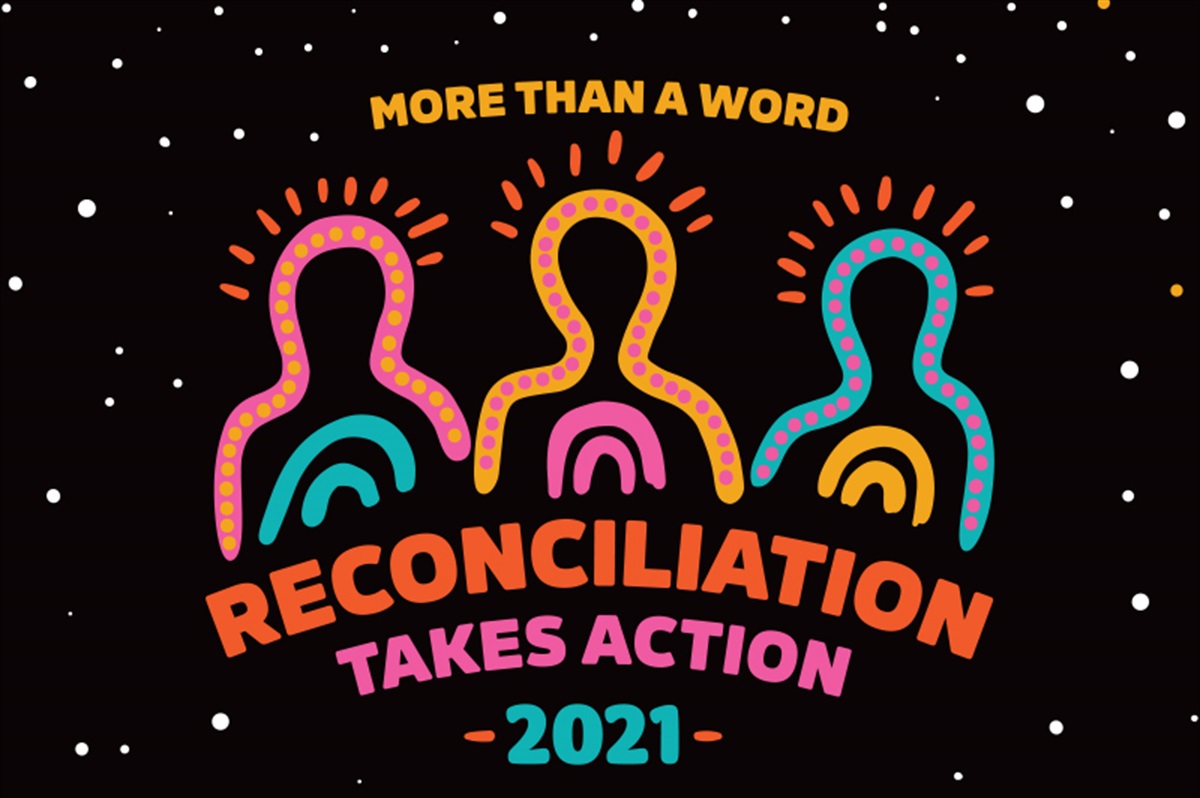Reconciliation Week 2021, there was a special focus on the one-year anniversary of Rio Tinto decimating the 46,000-year-old rock shelters at Juukan Gorge. Since then, politicians have fallen over themselves to declare their outrage and promise to prevent such profound acts of cultural annihilation from ever happening again.
Unsurprisingly, their actions follow the same playbook that Aboriginal and Torres Strait Islander peoples have become familiar with in our many decades of political resistance. That is, toothless reviews and inquiries that are still continuing a full year later.
Western Australia's Aboriginal Heritage Act, which allowed Rio Tinto to destroy Juukan Gorge and other sites, is now under review. Parliament's Joint Standing Committee on Northern Australia also established an inquiry into Juukan Gorge's destruction.
However, the recent federal budget gave a more revealing insight into the government’s supposed commitment to protecting First Nations heritage. Buried among the big-ticket announcements was a single line item on page 28 of Budget Paper No. 2. It promised "$0.5 million over two years from 2021-22 for improved Indigenous heritage protection and Indigenous involvement in Environment Protection and Biodiversity Conservation Act 1999 decision-making processes".
Let's put that amount of money into perspective. $500,000 will buy you a small off-the-plan apartment in one of the big new developments on the outskirts of Sydney. It would get you a fleet of about ten or eleven entry-level Toyota Corolla hatchbacks. Or, if you're feeling high-end, it will get you most of the way towards a used Lamborghini Aventador.
And, apparently, it's what this continent's Aboriginal and Torres Strait Islander heritage is worth spending to protect, with the benefit of hindsight gained by the Juukan Gorge disaster.
While all the government reviews and inquiries drag on, the widespread destruction has continued. In February, BHP reported damage to a culturally significant site near one of its Pilbara iron ore mines. Rio Tinto has gained approval to destroy another 124 Aboriginal heritage sites less than 100 kilometres from Juukan Gorge. The ancient and priceless artworks of the Burrup Peninsula have been systematically destroyed by mining and gas operators since the 1960s.
In an interim report released in December, the parliamentary Juukan Gorge inquiry recommended that the government "urgently review the adequacy" of current Indigenous heritage protection laws and give Traditional Owners the power to publicly raise concerns about heritage protection before — not after — destruction occurs. But while the mining industry feigned horror at Juukan Gorge, it has been quietly working behind the scenes to torpedo any effort to strengthen the laws that protect Indigenous heritage from wholesale destruction.
For the last 233 years, Australia has had an extractive relationship with the land on which it sits. Mining corporations have been given free rein to destroy First Nations heritage, with or without social licence or consent from Traditional Owners. Faced with a vastly unequal financial, legal and political playing field, many Traditional Owner groups have effectively been forced to forfeit their cultural heritage for the money their communities need to survive.
Any act of destruction, no matter how profound or degrading, was justified so long as it made someone some money. Along with entire ecosystems, an unbelievable amount of knowledge, language and history has been lost.
The Juukan Gorge disaster was a continuation of this mindset. But what was different was the massive public response. It felt like something real and deep had shifted within the wider community; like there was finally a recognition that the physical, cultural and spiritual markings that Aboriginal and Torres Strait Islander people leave across this continent are worth preserving and protecting.
If we’re serious about preventing a repeat, we need a federal Aboriginal and Torres Strait Islander Cultural Heritage Protection Act that enshrines consistent nationwide protections for culturally and historically significant sites. Any new heritage law must be co-designed with Aboriginal and Torres Strait Islander peoples. And importantly, this should begin the process of establishing a national register of sacred, culturally and historically important sites.
As First Nations peoples, we already know what we need to see in a new piece of legislation. Responsibility for our cultural heritage sites has to shift from the Environment to the Indigenous Affairs portfolio. Traditional Owners should be given the right to refuse any project – be it mining, gas permits or infrastructure – that will damage cultural heritage. There must be recourse for heritage custodians to pursue damages and compensation. And the profound imbalance between extractive and destructive corporations and the Traditional Owners of the lands they seek to profit from must be levelled.
If history is any guide, the government will respond to the Juukan Gorge report with vague promises they have no intention of acting on. But handballing responsibility for Indigenous heritage to governments and parliaments alone would be a cop-out. In the past, public indifference has given governments a free pass to maintain the status quo. Only sustained public pressure will force Canberra to make lasting change.
If Juukan Gorge doesn't inspire that pressure, it won't just be a failure on Canberra's part. We will all be responsible.
When the Juukan Gorge inquiry releases its final report in October, Australia will have an enormous choice to make. We can let this moment go by, or we can act and push for laws that finally treat Aboriginal and Torres Strait Islander heritage with the respect it deserves.
Too often, Aboriginal and Torres Strait Islander people have been promised change, only to watch the reports and the reviews stack up and gather dust. The Juukan Gorge report can't be yet another on the pile.
This country's heritage is worth more than that.
By Larissa Baldwin, a Widjabul, Wia-bul woman and the First Nations Justice Campaign Director for GetUp!
